Terrill Lee Gomez (nee Jacobs)



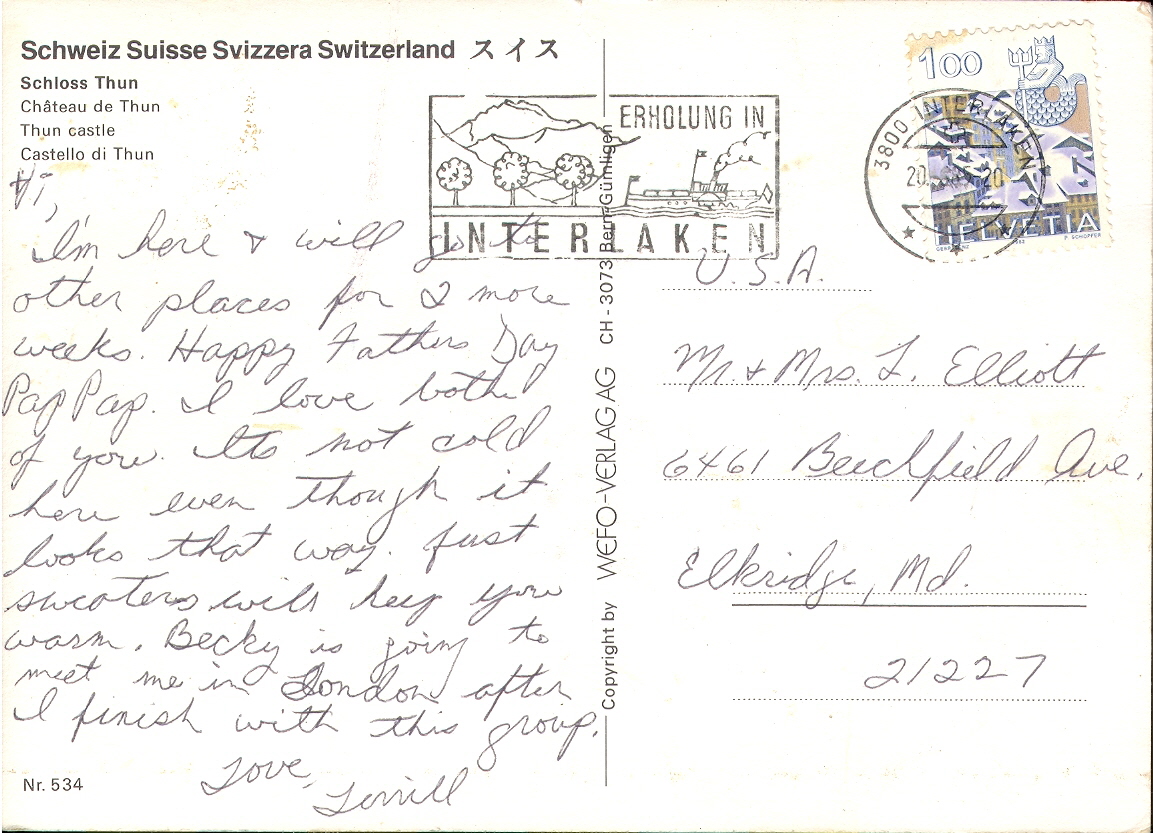

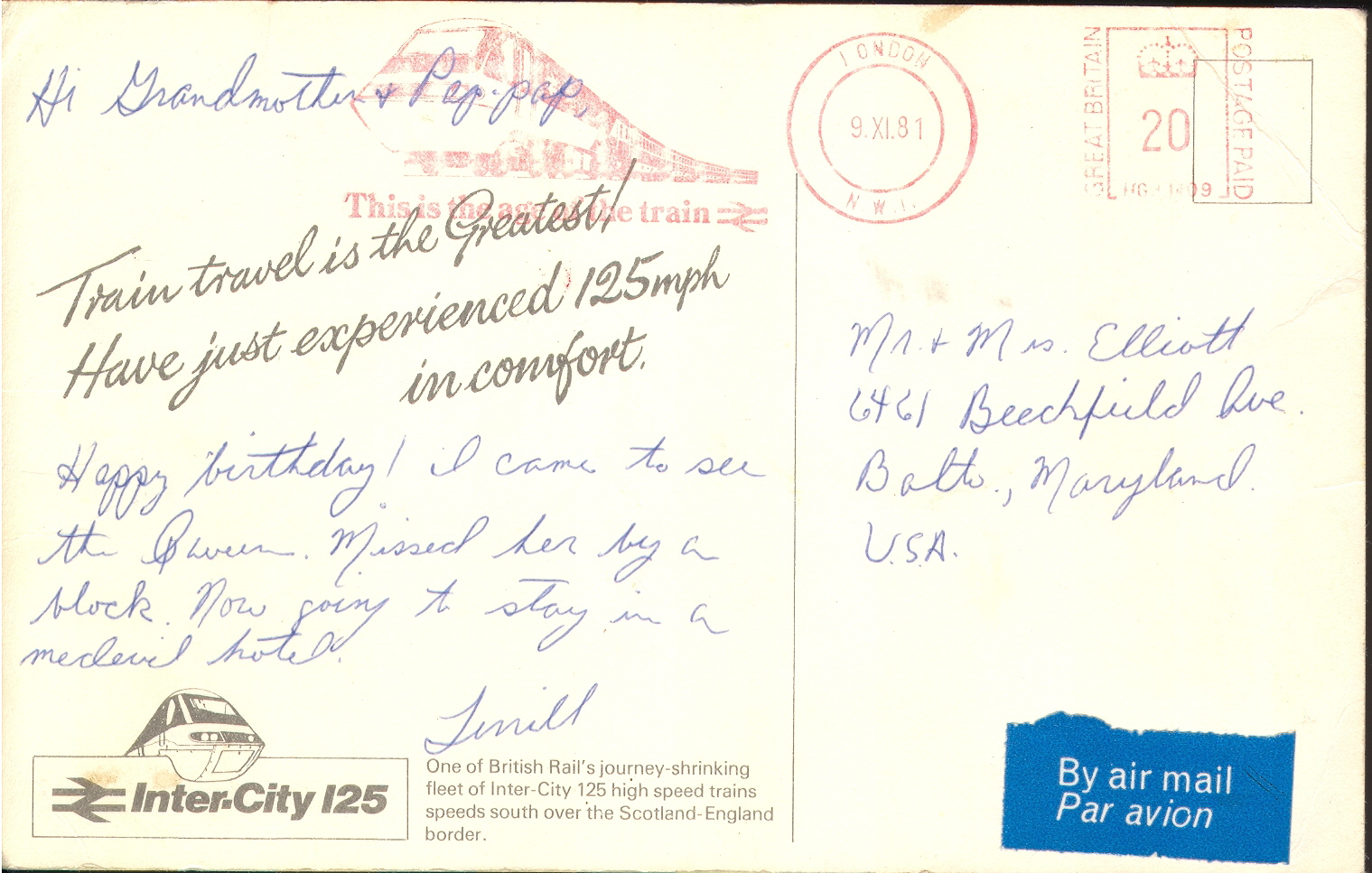
How old were you when you were put on the Witness Protection Program?
I was in my thirties that makes it somewhere in the late seventies early eighties and actually I arrived in San Antonio in eighty- five. So, actually getting on the program was in eighty- five, but all the stuff that led up to the program happened in the early eighties.
What was the process of being on the Witness Protection Program?
They do a lot of psychological testing they want to test your aptitude as well they look for the demographics of your physical nature so, you fit in where ever it is that their going to put you. You have too cut ties with everyone and anyone that you ever knew, including any family members unless they're going to be put onto the program. You pick up and go in a moments notice they don't tell you where you're going or anything all they tell you is to pack a suitcase for a couple weeks, but actually it turned out being a couple months and they keep changing you from city to city and each airline you change they change your name. Um… and each flight that you get on and off the federal marshal's because they're for the program they meet you and get you onto your next plane and its not like it is in the movies where they give you thousands and thousands of dollars or at least it wasn't with me. Uh…to do this yeah they do spend a lot of money on getting everything changed over driver's licenses, your birth certificate, everything you surrender down to life insurance policies. It's as if you no longer existed and then when you get to your final destination, which is Texas, and there's about 500 families a year that uh… are allotted for Texas. To come into the state under the program the Marshals they take you to different housing developments and you choose which house you want to be in they set you up and they don't always follow through what their suppose too, but there's a lot of cracks I guess you could say in the program and so, I guess that's basically it and then finally you get yourself into a regular routine of a job and so, forth and so, on.
How many cities were you moved through before they put you here in San Antonio?
Oh boy, um… well first Virginia and we were at a country club in the winter time uh… and before Christmas they moved us from there we went to Alabama uh… they moved us about four or five times with different names and but the ones I remember was Virginia and Alabama uh…I really don't remember any off the other cities.
Why did you remember those two so well?
Because in Alabama it was the first mall that my daughter and I had gone too that had an indoor ice skating ring and that's why I remember that. And I remember being at the country club because, it was a nice place to visit, but I wouldn't want to live there and we had to have Christmas there that is why I remember that.
Any other ones?
I know we went to a couple other cities I just don't remember, cause we were only there like in the other cities two weeks. But in Virginia we stayed there like over a month.
Why did you put yourself in the position to be on the Witness Protection Program
I didn't I was married to Mario and he was a professional book maker and in those days a professional book maker most of your business was done in restaurants you know where the people would come by where they pay you, you pay them the whole nine yards where you'd be in Vegas and you'd be doing things out in Vegas. But a basically because of the nature of his business he fell into a situation where he knew a lot of information not necessarily looking for it, but he knew a lot of information and therefore he was approached at one point from the FBI about certain situations and he was able to collaborate enough information so, that a lot of people in D.C. were taken down and so, because I was his wife I had to go along but during this period of time I really wasn't around, because I was a travel broker and I did Holy Land tours so, I was away from the United States for you know two weeks at a time and then I would go into Europe so, I really wasn't involved in his situation. I hadn't didn't know really the people that he knew and that type of thing, because it wasn't my world.
How did you find out these events were going on?
Well when he told me you know what he was gonna go do you know I mean it was where he had made this situation that yeah he would help them out, but then they had to move us. So, that all had to be done legally and so, he just worked undercover for along time and I was privy to that information and new what was going on and I had kept working to do what I was doing which really didn't have much to do with it and then at the end of all of it he needed help recording people or what ever situation he needed to do under cover then I helped do that.
So, you stopped being a travel agent, because of the incidents that happened with Mario and The Witness Protection Program?
No not really I was really considering giving the whole thing up. Because it got very dangerous to go over to the Middle East and particularly since a lot of the times we stopped at Athens and even the people there weren't friendly and so, I just decided I was going to pretty much let that go and being that the situation that came up with him and there wasn't anything I could do about it I just decided that okay I'm not going to stay here anyway so, I mine as well just go ahead and stop now. The marriage between Mario and I really was… it was a convenience and had been a convenience for many years and when this had come up I was just in a situation that it had forced me to get into it.
Who were the people involved?
There were many people involved as far as a people that were, went to jail and that type thing most the people are dead now. But it was around the same period time as Marion Berry little escapade and they would not have put us on this particular program and done as much as they did for us if the information he (Mario) knew wasn't significant and I don't know all the information because I was only privy to a portion of it, he never had to go testify everybody turned on everybody else and so it just started snowballing things and it was a very positive thing for FBI.
In your words what was the story that happened?
Well he was involved in professional book making, he was a gambler, he was a professional gambler. Back in those days it wasn't the same as it is in this day in age almost all the states have some type of gambling situation you've got the race track, you've got the you know the number deals that are sold in the gas station and that kind of thing. So, it was more along the lines of you know you sit and when after the games are all over with you pay the people or they pay you. And along with that brings a verity of people that are not of best character and a lot of things happen in Washington as we know both with people that gamble, people that do drugs, people that do a lot of different things and so, he knew these people that just by circumstances.
How many people would you say got busted for you guys helping the FBI?
I'd say it was about maybe fifteen people, but it wasn't like fifteen people just buying drugs these people were big time people, I mean they weren't small time people they were people from all over and big quantities of drugs and big parties and Watergate stuff and you know just a lot of things that were going on so, it was as soon as he was made to believe that you know he was going to go to jail then he was in jail and all that kind of stuff to put up the front people and then people trusted him so, he was just able to do this stuff you know he was able to have people's trust and so, what they did is you know that part was like a movie I mean the FBI knew when something was going to happen when a drug deal was going to go down and they would go into the hotels and people would set it up in the hotel rooms they would put the camera up in the ceilings and that kind of stuff and they all made a meet I never did anything like that I just helped him with some equipment you know tapping the phone and that kind of stuff but you know once these people started knew one of the main people was busted everybody started turning on each other and that's what happened and that's what the FBI wanted to happen with Mario because they knew he could get in and be trusted because he was a book maker and so, that was a very important character roll that he played.
How did your family react about the incident?
Well I didn't have too much family at that point my mother had already passed away so, the only people that was left was my grandmother, grandfather, and my uncle and my one daughter Becky and Mario. Well I went and told my grandfather point blank that he had gone and helped the federal people and I said I can't leave you all here I said so, what we're going to do is end up, I'm going to move first find out where I'm going and what I'm doing and everything and then I'm going to put in a paper that says I'm afraid for you which I really wasn't but I needed my grandparents to be with us, with me because they were all the time in the hospital and their was nobody to take care of them and so, they moved with us and of course they had to be on the program cause we were on the program so, my grandfather accepted the situation and I don't think that we told my uncle I think what we did is that we just kept it under wraps and Pap Pap just said that he was moving with me and we were going to be in Texas and that was the end of that.
Does Uncle Larry know about this stuff now?
Oh yeah, because it's been many many years and there's I mean I didn't do this stuff we never thought that it was a threat you know that I would be in any danger but apparently the federal people thought that if I was still in D.C. at the time when all this stuff was going down that yeah I could have somebody come after me thinking that I knew where he was and that kind of stuff so that's why they actually moved me.
How hard was it to adapt to the new life in San Antonio?
Well they were suppose to have gotten been a reference to us getting jobs and that type of thing and they had one eight hundred number that people could call too verify that we had work so, whatever we had put down on this paper within reason they went along with and but Mario was in his fifties yeah he was in his fifties and so all these years with being a book maker and stuff it just didn't you know where was he going to go get a job and they weren't able to give a reference for him cause he had no trade so that meant working in a 7-11 or some place that was a minimum wage deal, but we had divorced and not very long after we divorced; he died of cancer and that's the end of that. But as far as adapting even though I didn't do anything wrong you like everybody's looking at you because you know what's going on and then you have to come up with people ask you well how did you get here, why did you move to San Antonio you know that type of thing and so, you have to come up with these lies and its like that was the hardest thing because I felt like it was a whole lie.
What was the hardest part of you having to move to Texas?
Well I couldn't even go back to being a local travel agent I was a broker which means I actually put the tours together and stuff but being a travel agent you just work at an agency but I wasn't allowed to do that because it still would have put me in association with people that I would have known in the travel industry so, I guess that what the hardest thing is figuring out what I was going to do with the rest of my life.
After all this now knowing where your life is today would you do it all over again?
Well I have no problems helping re-enforcement agency that is legitimately trying to help a cause would I do it over again? Well I probably would have left Mario if I had to do it all over again I would not have stayed with Mario, which would so, it would have made it to where it didn't happen to me. In retrospect if I had stayed in D.C. I wouldn't have met Jim Gomez and I wouldn't have had two other daughters I'm not embarrassed I'm not I think I've had a good life there's been a lot of stepping stones and that type thing because Jim got cancer and died too and it left us in a situation where I did invoices and that type of thing for a company that he had and it was just like a mom and pop type deal for like seventeen years and so, I've never really been able to do anything on my own because it was always something he needed done. And after he passed away I went and did the real-estate stuff and now I do investment and that type of thing for real estate and uh restore houses and that kind of stuff. And so I've made it through all this stuff yeah it was hard but I feel good about my life. I've got great girls I don't have problem kids my kids aren't on drugs or drop outs their just I think I've given them a sense of well being and to get out there and do what you've got to do enorder to make something of yourself and even though it's late in the game for me that's exactly what I'm doing.
Since you had to move to Texas do you feel as though you have missed out on something in Washington? If so, what?
No, because Washington is let me tell ya more business goes on at happy hour in the bars and restaurants then it does in a eight hour work day. And it's a very political town it's you scratch my back I'll scratch your's and that's the way it is I don't feel like I've lost anything by moving to San Antonio I love it in San Antonio and D.C. is nice to visit once in a while, but I wouldn't want to go back to live there.
Is there anything else you want to add?
Well I grew up as a kid single only child in Elkridge, Maryland and uh… it was a good child hood don't regret anything I've done and uh… no I don't really have anything else to add.
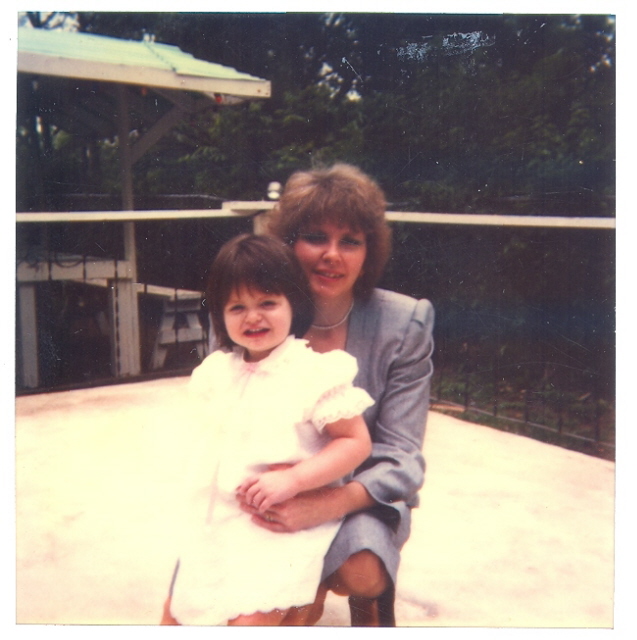
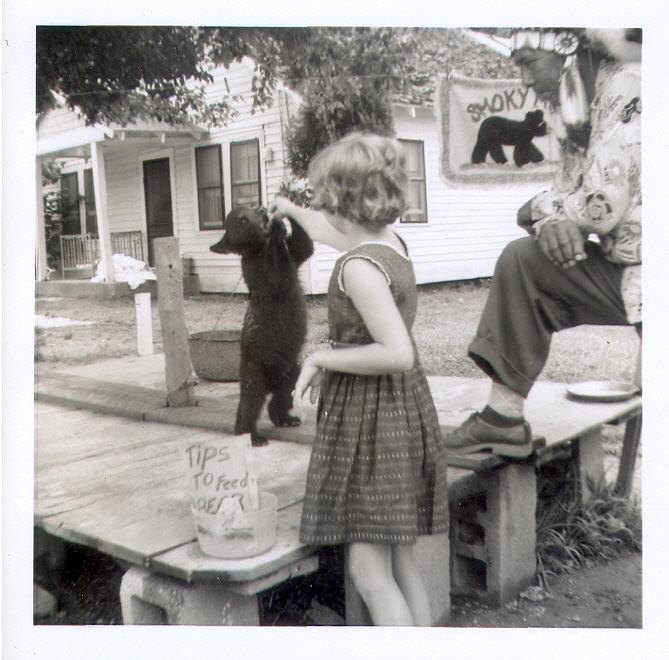

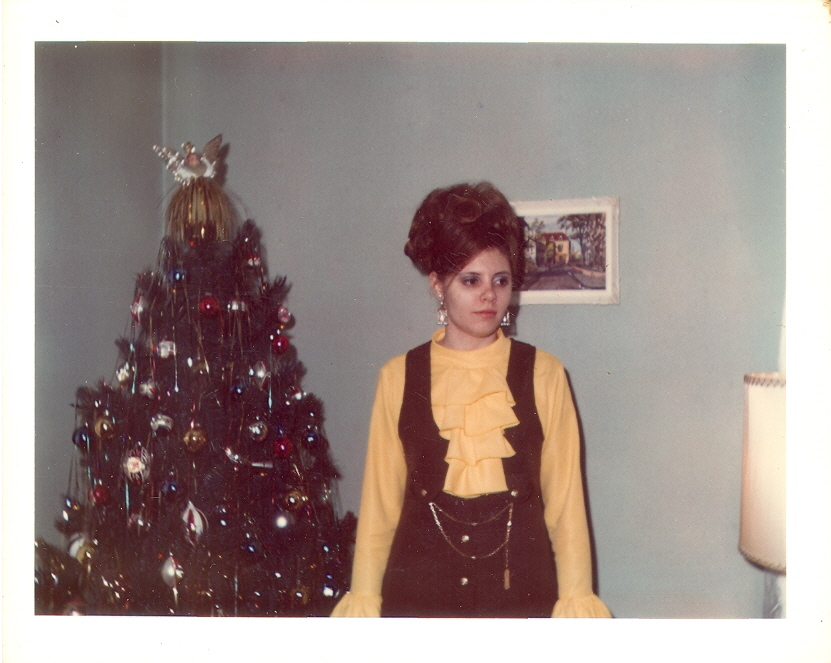
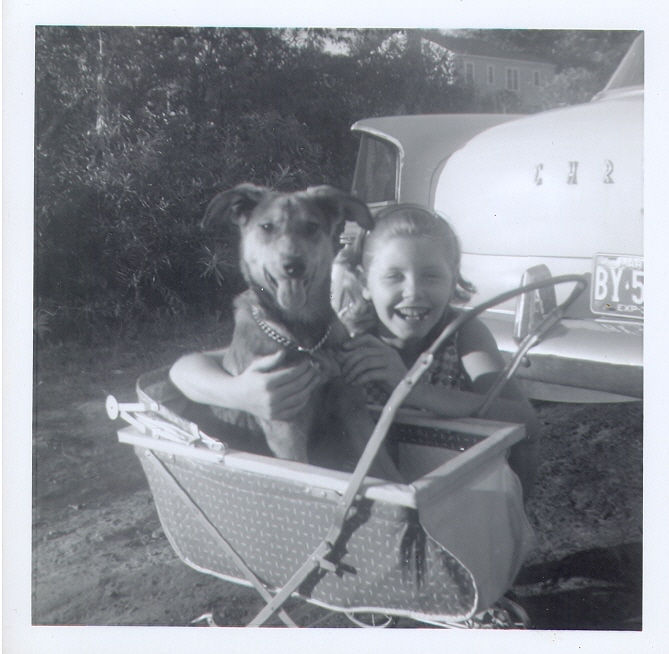

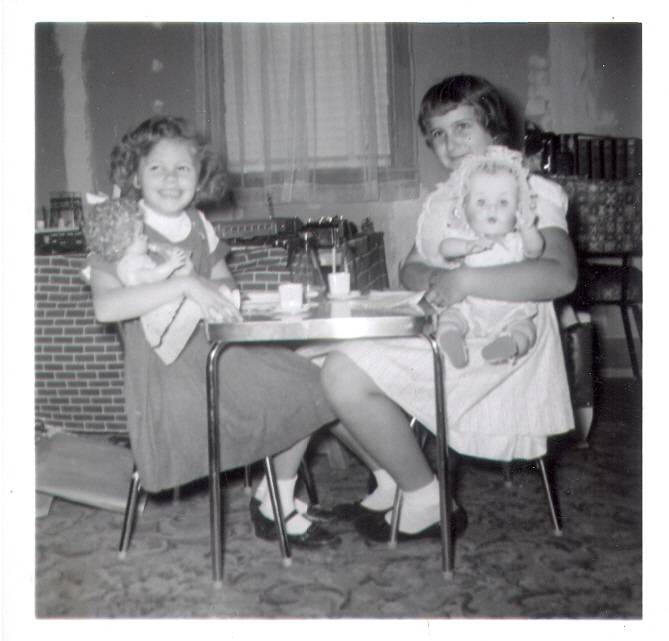


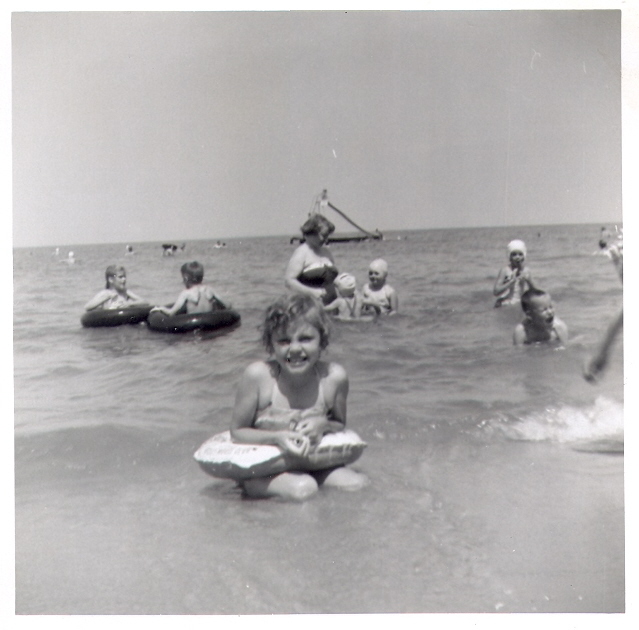

Baltimore, Maryland is a website devoted entirely to events and tourism information for the city of Baltimore. ©2007 Baltimore Area Convention and Visitors Association
Washington D.C is the official tourism website for the District Of Columbia.Washington, DC Convention and Tourism Corporation 901 7th Street NW, 4th Floor, Washington, DC 20001-3719 TEL.202.789.7000 FAX 202.789.7037 © COPYRIGHT 2003
Holy land Tours is a wholesaler of touring packages of many different countries. In business since 1987 and a better business bureau member. copyright (Pilgrim Tours) 2001
The Witness Protection Program. This is a link to Howstuffworks.com. Which is a general information website explaining how things work. This one just happens to be explaining the witness protection program. © 1998-2007 HowStuffWorks, Inc
Marion Berry This is an online Biography of Marion Berry. (c) Copyright 1997, Council of the District of Columbia. All rights reserved.
F.B.I is the official website of the Federal Bureau of Investigation. FBI.gov is an official site of the U.S. Federal Government, U.S. Department of Justice